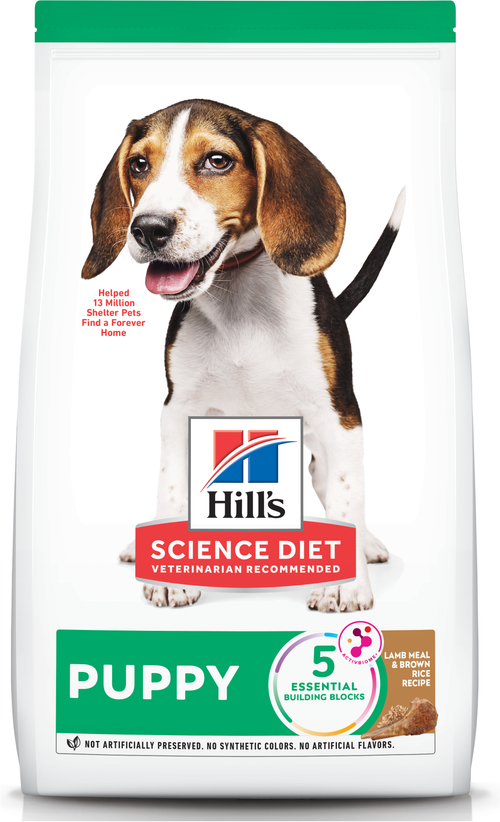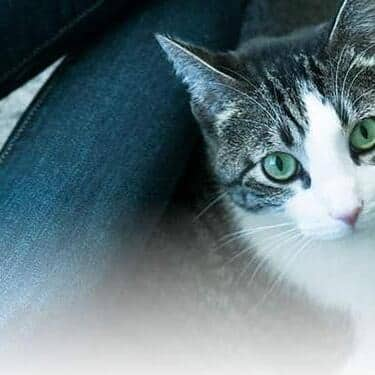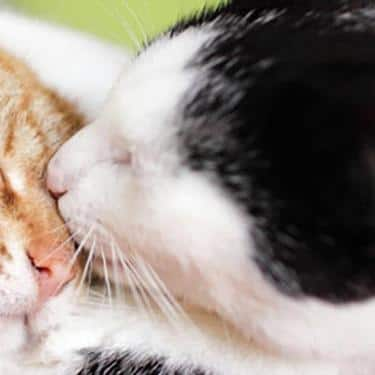
-
Find the right food for your pet
Take this quiz to see which food may be the best for your furry friend.
Find the right food for your pet
Take this quiz to see which food may be the best for your furry friend.
Featured products
 Puppy Lamb Meal & Brown Rice Recipe
Puppy Lamb Meal & Brown Rice RecipeVital nutrients to support 5 essential building blocks for lifelong health
Shop Now Adult Small Bites Chicken & Barley Recipe Dog Food
Adult Small Bites Chicken & Barley Recipe Dog FoodSupports lean muscle for dogs who prefer smaller kibble
Shop Now Adult Small Bites Lamb Meal & Brown Rice Recipe Dog Food
Adult Small Bites Lamb Meal & Brown Rice Recipe Dog FoodSupports lean muscle, for dogs who prefer smaller kibble
Shop NowFeatured products
 Kitten Healthy Cuisine Tender Chicken & Rice Medley
Kitten Healthy Cuisine Tender Chicken & Rice MedleyDelicious tender chicken and rice in a mouthwatering sauce with precisely balanced nutrition to support 5 essential building blocks for lifelong health
Shop Now Kitten Chicken Recipe
Kitten Chicken RecipeVital nutrients to support 5 essential building blocks for lifelong health
Shop Now Adult Indoor Chicken Recipe Cat Food
Adult Indoor Chicken Recipe Cat FoodSupports energy level and beautiful fur in indoor cats
Shop Now -
Dog
- Dog Tips & Articles
-
Health Category
- Weight
- Food & Environmental Sensitivities
- Urinary
- Digestive
- Joint
- Kidney
-
Life Stage
- Puppy Nutrition
- Adult Nutrition
Cat
- Cat Tips & Articles
-
Health Category
- Weight
- Skin & Food Sensitivities
- Urinary
- Digestive
- Kidney
-
Life Stage
- Adult Nutrition
Featured articles
 Water
WaterDiscover why water is the most important nutrient for your dog or cat to live a healthy life. Find out how much water your pet should consume each day.
Read More Pet Food Storage Tips
Pet Food Storage TipsDiscover how and where to store your dry, as well as canned, dog and cat food. Learn how to find the "best before" dates on all Hill's pet food packaging.
Read More The Incredible Science Behind Your Pet's Microbiome
The Incredible Science Behind Your Pet's MicrobiomeLearn what a pet's microbiome is, how it contributes to your pet's gut & overall health, and why nutrition is important in maintaining healthy microbiomes.
Read More -
Find the right food for your pet
Find the right food for your pet


Feeding your cat properly is critical during pregnancy and nursing. Malnutrition can result in low birth weight of the kittens and put them at risk for several health conditions resulting in a reduced survival rate.1 The goal is optimal nourishment for both the mother and her kittens. Specifically, here are nutritional priorities:
- Increased energy from calories for the growth of kittens and milk production for the mother
- Increased protein for growth and development of the kittens
- Increased fat to meet the high demand for calories of the mother
- Increased calcium and phosphorus for bone growth of kittens and milk production of their mother
- High digestibility to provide more calories in a smaller amount of food
Key questions and answers about pregnancy and nutritional priorities.
Why are increased energy and fat so important?
Increased energy and fat are important because pregnant and nursing cats have extremely high energy needs. Nursing is the most energy-demanding stage of a cat’s life. Nursing cats have 2 to 6 times the energy requirements of a healthy adult cat.
What is digestibility and why is it important?
Digestibility is how much eaten food is actually absorbed by the cat’s body. High digestibility is important because energy needs are very high and there is less physical space in the abdomen of pregnant cats.
What should I feed my pregnant or nursing cat?
It is extremely important to feed your pregnant or nursing cat a food that provides the increased nutrition she needs. We recommend feeding Hill’s® Science Diet® Kitten Food formulas as soon as you discover your cat is pregnant. These formulas are rich in essential nutrients and support development of the kittens during pregnancy. It’s always best to talk to your veterinarian about a food recommendation for your pregnant or nursing cat.
What Science Diet® products are available for pregnant or ,nursing cats?
How should these foods be fed to pregnant or nursing cats?
- Pregnant cats: Feed the suggested amount on the packaging. Continue to feed a kitten food to the mother until her kittens are weaned.
- Nursing cats: Leave food available for the mother at all times after the kittens are born. This will ultimately help to wean the kittens to a regular food and provide the mother with high-energy food she will need during this time.
How long is a cat pregnant?
Typical gestation (pregnancy) averages 63-65 days. 2 We recommend that you see a veterinarian weekly during pregnancy and nursing to assess weight and food intake. Please speak with your veterinarian to determine how often your cat should be examined during pregnancy and after the birth of her kittens.


Tasty Tips
When do I wean my kittens?
Weaning is usually a gradual process. Most kittens begin eating solid food between 3-4 weeks of age. Weaning should be effectively completed between 6-10 weeks of age. 3
Initial kitten care priorities.
It is recommended that your keep a record of your kitten’s weight, stools, development and activity every 1 or 2 days (especially in the first two weeks after birth) 4 and schedule a check-up with your veterinarian.
- 1 Small Animal Clinical Nutrition, 4th Edition. Reproducing Cats; Pregnancy p. 321
- 2 Small Animal Clinical Nutrition, 4th Edition. Reproducing Cats; Assessment p. 321
- 3 Small Animal Clinical Nutrition, 4th Edition. Reproducing Cats; Weaning; p. 328
- 4 Small Animal Clinical Nutrition, 4th Edition. Growing Kittens; p.329


One of our staff authors prepared this article for you
Related products

Delicious roasted chicken and rice in a mouthwatering sauce

Vital nutrients to support 5 essential building blocks for lifelong health

Supports energy level and beautiful fur in indoor cats

Delicious tender chicken and rice in a mouthwatering sauce with precisely balanced nutrition to support 5 essential building blocks for lifelong health
Related articles

Brushing your cat's teeth is just as important as brushing your own. Learn signs or oral health problems in your cat and how to avoid them.

What is the best food for an overweight cat? Learn all about weight control food for cats, including what's in it and how it works.

Discover how to identify cat sensitive skin and what you can do to help your cat thrive from head to paw.

Learn the different factors that might be contributing to your cat's weight gain, and how bigger doesn't always mean better.

Put your cat on a diet without them knowing
Our low calorie formula helps you control your cat's weight. It's packed with high-quality protein for building lean muscles, and made with purposeful ingredients for a flavorful, nutritious meal. Clinically proven antioxidants, Vitamin C+E, help promote a healthy immune system.
Put your cat on a diet without them knowing
Our low calorie formula helps you control your cat's weight. It's packed with high-quality protein for building lean muscles, and made with purposeful ingredients for a flavorful, nutritious meal. Clinically proven antioxidants, Vitamin C+E, help promote a healthy immune system.

